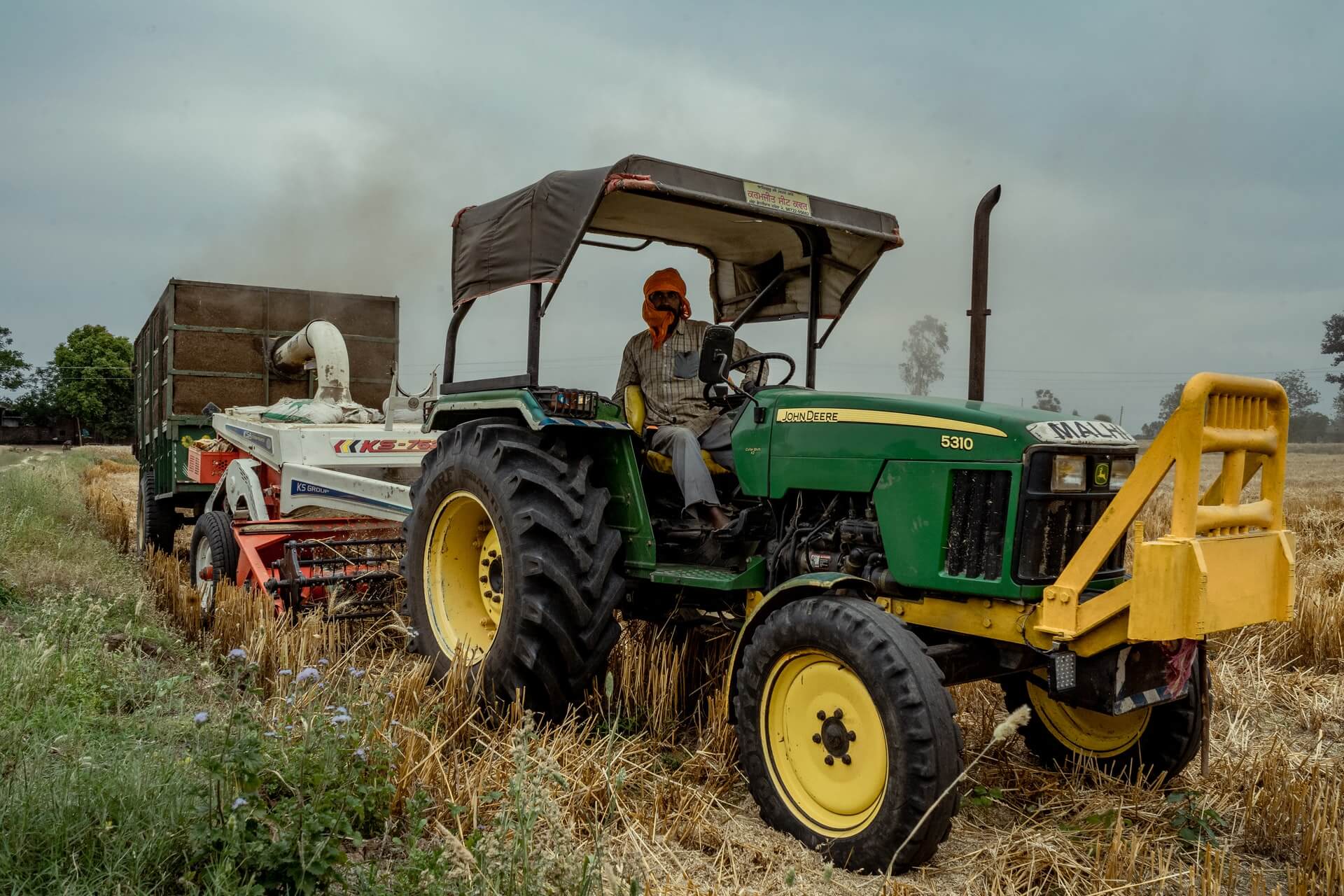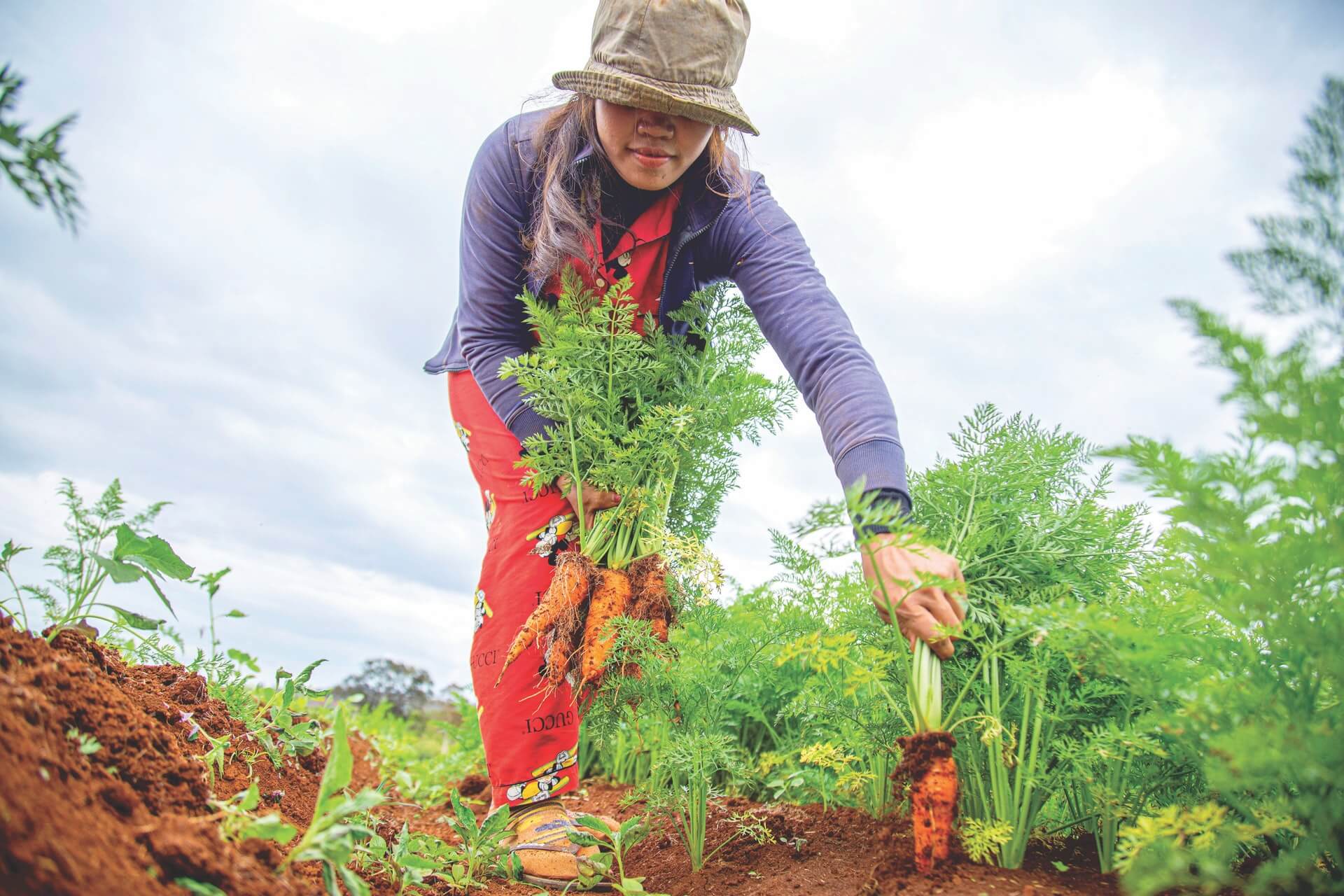People have eaten insects and hydroponic crops for hundreds of years.
Alex Fin
Like many African countries, Rwanda’s population is young. A third of Rwandans are aged between 15 and 34, and youth employment is a critical policy issue that directly affects national food security. Indeed, youth engagement in agribusiness in developing countries is a crucial asset to achieving sustainable food security.
Picture in your mind a tall, sprawling field of corn. Now shrink it down while maintaining the yield. Protecting crops is most commonly associated with defending plants from the insects and diseases that can threaten the viability of a harvest.
This is just a glimpse of what the fields of the future – more resilient to climate change and extreme weather, and yet still able to provide the staple crops the world needs – could look like. Here’s why.
Bringing the Youth Forum to life
However, in addition to the continuing pressures from these insects and diseases, protecting our crops today also increasingly means protecting them against the biggest and most dangerous threat of all: climate change.
The impact of climate change is real and pressing for farmers throughout the world. Insurance claims for crop losses connected to climate change in the US, for instance – through drought, flooding, and extreme winds and storms – cost some $27 billion between 1991 and 2017. In West Africa, the average production loss for sorghum and millet alone as a result of climate change stood at $6 billion per year between 2000 and 2009.
Replicating success
Rwanda’s Ministry of Agriculture and Animal Resources was an ideal partner for this successful project. Such partnerships are fundamental to the achievement of the 2030 Agenda for Sustainable Development, and, more specifically, to boost youth employment in rural areas.
Other countries could replicate such success through the creation of similar government-led integrated networks which provide youth with the opportunity to both access training and learn from their peers. Key ingredients for sustained success include governments actively engaging youth as a partner in sustainable development, as well as technical assistance, policy support, and resource mobilization to support the programme, and keeping capacity building relevant to current needs.







